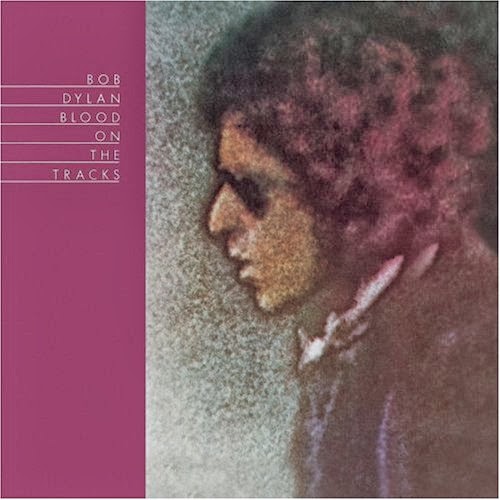This is a twofer (two albums on one CD) and one of my most prized possessions since I bought it in Florida close to twenty years ago. I can thank the magazine
Entertainment Weekly for making me aware of this compilation. Back during the mid-90s my brother would buy this magazine religiously. They had an article "100 Best CDs" (yes, I still have it, the November 5th 1993 issue) and in it there was a section entitled "10 ways to double your pleasure" which listed
#1 Record/Radio City by some band called Big Star as the #3 choice, saying simply "two critically revered faves by Alex Chilton's cult '70s band". I was intrigued by it and would pick it up while on March break in Florida with my family. I fell in love with it immediately and have been listening to it religiously ever since. Big Star is the very definition of a cult group. Neither of these albums were hits when they came out (not even remotely close) and the albums produced no hit singles. And yet these two albums are among the two most influential albums to be released during the 1970s, influencing other bands such as R.E.M., The Replacements and many, many more. Though as a side note, the band is really best known for writing the song "In The Street" (off of
#1 Record) which became the theme song for
That '70s Show in a cover version by Cheap Trick.
Although both albums were recorded in Memphis, where all bandmembers hailed from and it was distributed by Stax Records, this is
not a typically Memphis album. Rather it has a lot more common with 60s Rock groups such as The Beatles, The Byrds and others. The sound that Big Star achieved would later be termed 'Power Pop'. Listen to such chiming gems as "September Gurls" or "Back Of A Car" (both from
Radio City) and you'll see where the term came from. Those songs are two of the greatest tracks on the album, but highlights are many and varied. The closer on Radio City is the simple and sparse heartbreaker "I'm In Love With A Girl" which deals with all of the confused emotions that adolescents go through. There is an innocence, even a childish innocence present in many of these songs, a good example being "The Ballad Of El Goodo" with its admonition "ain't no one going to turn me around". That's not to say all songs are alike, the biting "You Get What You Deserve" has a very biting tone, as evidenced by its title.
If you like deceptively simple Rock or are curious about what the fuss about Big Star is about, I really can't recommend this compilation enough.
 |
| Double your Big Star |






